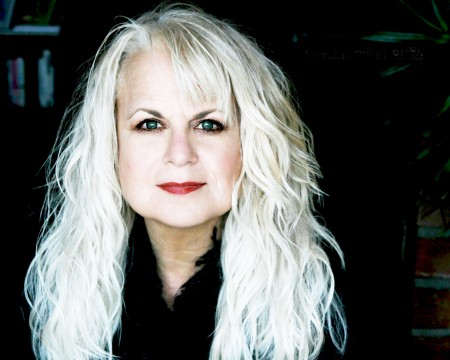There is an article on the HuffPost website by Lorraine Devon Wilke, dated 22 October 2017, with the title “Are White Authors Not Allowed To Tell Stories Involving Black Characters?” This interested me as I have recently written a novel in which a black billionaire is a principal character.
Author, artist, and cultural commentator, Lorraine Devon Wilke, shares her unique take on everything from the inflamed landscape of politics and evolving social mores, to the ever-changing influence of media, entertainment, and art.

Ms Wilke said, in part: “Storytellers are the chroniclers of our life and times. They memorialize history, dissect our complex and evolving world; they entertain and provoke and captivate. They are as diverse and eclectic as the characters they create and the stories they tell. It is their job to reflect who we are, what we experience, and what we can imagine. That’s a big canvas. It’s huge. And there’s no end to the variety of colors and hues that can be drawn upon it. Just as there is no end to the variety of artists weaving the tales drawn there.
Yet some believe there are rules to who gets to use which colors, who gets to draw outside the lines to tell stories that involve characters from different cultures. Some believe issues of race can only be voiced from within limited perspectives. Who gets to decide that? Who determines the answer to the title question?
I am a white author telling a story that involves black characters. This, as Anthony Horowitz, who’d been dissuaded from including a black character in one of his ten novels: was warned, is not considered “appropriate.” It’s seen as “patronizing.” Though, in following that paradigm, who, then, would be able to tell the story of an interracial relationship if neither race can write about the other? Personally, I find that to be madness, but I’ve now had agents from three different high-profile literary agencies specifically cite “appropriation” as their reasons for rejection:
- The first felt my “whiteness is kind of a problem,” she wrote: “This is a well written and serious novel; an issue-oriented novel that could not be more current… but there may be an issue of whose voice gets to represent race.”
2. The second asserted she couldn’t take it on because of “all the concerns about ‘cultural appropriation’ these days.”
3. The third felt the black male protagonist “didn’t sound black enough.” I won’t even parse that implication.
But the message was clear, at least from the point of view of these particular gatekeepers: white authors writing black characters are unmarketable. Beyond “inappropriate,” “these are brutal times in fiction and we’re not comfortable representing a book, no matter how good or worthy, in which that issue is present.”
How do we feel about that? As readers, writers, and consumers of cultural content?
I find it dangerous. I find it censuring. I find it condescending and discriminatory. I find any limitation to writers of any race to be the antithesis of art.
Industries, like the publishing industry, pendulate wildly as they attempt to transcend and reinvent, often without clarity about what’s next or what new turn culture might take while they’re trying to survive. So I get it. I get a literary agent telling me she “doesn’t have the courage” to take on a book that might stir controversy, that might garner commensurate cowardice from the publishers she’s trying to sell it to. It’s a business; she’s gotta make a living,
But if a book with black characters written by a white author is a “well written and serious novel; an issue-oriented novel that could not be more current,” and if that book — presented with fully-fleshed characters, with depth, sensitivity, and authentic reflections of all ethnicities involve — is rejected simply because it might trigger discomfort about “cultural appropriation,” what is the underlying message?
Literary discrimination. Artistic cowardice. Market segregation.
Is that really what we want from our artistic gatekeepers? Fear of controversy? Cultural timidity? The negation of an entire demographic of voices who dare to include diversity outside their own? Have we really come to a time of such hair-trigger sensitivity that we require our storytellers to limit their imaginations to only the race, creed and color they are?
Tell that to Harper Lee.
I am not a fiction writer, and this trend bothers me as well. Yes, characters should feel authentic and realistic (and that applies to all characters, regardless of race), but to say that authors are limited in the types of characters they can create because of their race feels dangerous